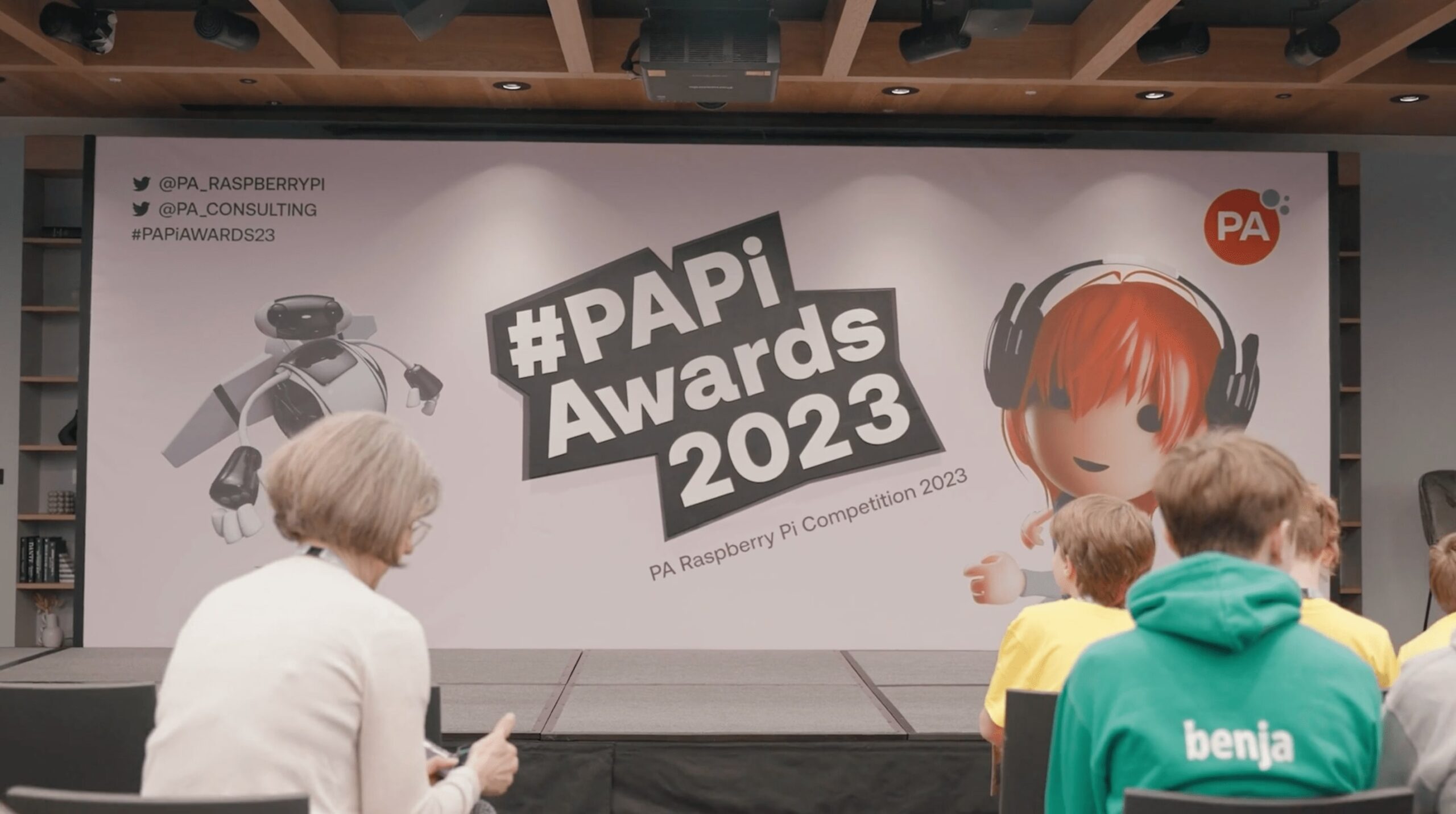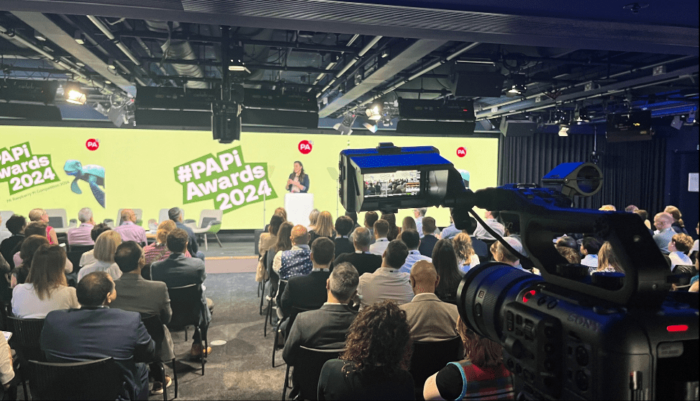Why Event Branding Matters & How to Create Immersive, Sustainable & On-Brand Events
From bold visuals to digital touch-points, effective event branding drives recognition, sparks emotion, and keeps your brand front of mind...

One of the biggest focuses on in-person events nowadays is the sustainability of your event and how you are implementing environmentally-friendly initiatives. As we look to produce events that are more environmentally responsible, the question of what we can do to lower the impact of event branding is getting more and more common.
While the biggest culprits with in-person events are air travel and catering, materials used at events such as those used in stage backdrops, banners, and stage dressing can also play a big part in the overall footprint and waste (largely to landfill) of events.
We’re going to dive into three simple and effective ways you can upgrade your event branding to be more environmentally friendly.
Let’s kick off with the biggie:
There’s no reason why your printed event materials can’t be both sustainable and visually stunning. Achieve the sustainability you need with these tips:
Choose lower-impact materials:
Reuse:
Choose resilient materials and have them printed with an evergreen design which contains no information that will limit its use such as dates, locations, etc. Keep it clean and store it well, and it will give you years of life, which will dramatically lower its overall impact.
Upcycle:
If you already have stage banners and backdrops, don’t send them to landfill, upcycle them instead. Send your backdrop material off and have gift bags made for your next event!
For a truly modern, technological feel to your event, how about going fully digital? Choosing digital signage such as LED walls and digital posters over paper/plastic posters, flyers, or billboards is a more sustainable choice with many benefits.
No material waste:
And no printing requirements either, which helps to reduce the amount of materials we send to landfill as many static displays (even paper-based ones!) contain materials that are not biodegradable or recyclable such as inks, glues, and plastics.
Reusability:
The content on digital displays can be updated easily and remotely at any time, so you can switch the content around multiple times during your event and re-deploy it for the lifetime of the equipment. Choosing quality equipment helps to reduce e-waste by prolonging its end-of-life.
Efficiency:
LED displays consume up to 70% less energy than other digital displays, and modern digital display options have several energy-saving features.
While digital displays can come with a heavier price tag and of course do consume energy, they have many benefits and are worth a look at when you design your next event experience.
PA Consulting chose this option for their 2024 PAPi awards. The backdrop you can see here is an LED wall, which allowed for a range of backgrounds throughout the event, as well as videos, and presentations. It created a really engaging stage design and is fully reusable.
Inks can be a bit of a minefield, but they can determine whether your event materials are biodegradable or recyclable. Inks can vary widely in terms of their biodegradability, depending on their composition and the materials used. While traditional petroleum, solvent, or plastic-based inks are more durable, consider the following alternatives for your event wherever possible:
Water-based inks:
These inks use water as a solvent instead of harsh chemicals, making them more environmentally friendly with no VOC hazards, and they’re easier to break down naturally. Try water-based inks for paper-based printing.
Plant-based inks and dyes:
These are more biodegradable and less harmful to the environment than traditional petroleum-based alternatives and work well for paper or fabric printing.
These are just a few ways you can easily switch out some of the more traditional event branding and venue design options and optimise material lifecycles to lower the environmental impact of your event and help create a more responsible future for the events industry.
If you’d like to discuss any of these further or explore how your next event can be more environmentally conscious, please get in touch!
or
Designed and built by ONQOR.
